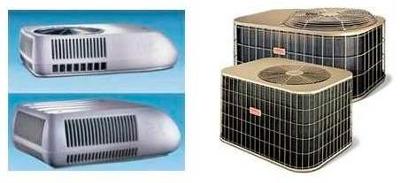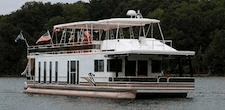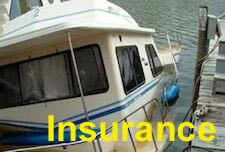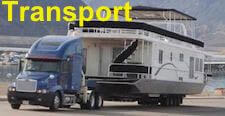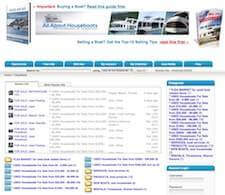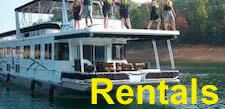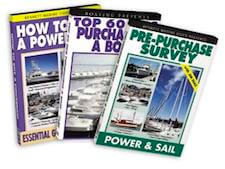
Houseboat Furnace Heaters - stay warm with good heat in winter?
by Phil
(Dale Hollow Lake, Tn)
I'm interested in houseboat furnace heaters, and how to stay warm with good heat during the winter months. On my 1981 Sumerset houseboat we have roof heat and air.
I have been told I could possibly install a furnace just like in your home. This way we could keep the heat on and my water tanks and water heater turned on which would let us go to our boat more during the winter months.
As it stands now, we have to carry water down to the house boat then heat it up.
Looking forward to staying warm, Phil...
 increase sales and profits with targeted traffic? Act now to get our 1/2 price sale, limited offer |
Reply - Answer
Well Phil, welcome to the houseboat forums, and sorry to hear about the cold weather creating havoc with your winter houseboating :(
If I remember correctly, the type of roof air and heat that the Sumerset houseboat has is the popular Coleman style, white roof mounted Air Conditioner with the 1500 watt heating element?
If this is the case, the 1500 watt heating element generates @ 5,000 BTU's of heat energy. This is typically not enough for chilly or cool winter weather, especially considering the amount the volume of air to heat in a houseboat.
You do have a few choices and tips on heating a houseboats interior:
1) I have used built-in propane furnaces and they generate anywhere from 10,000 BTU's and go up to 40,000 BTU units. These units produce large amounts of forced hot air. However, they have to be professionally installed, and have to meet your insurance companies policy requirements for installation and safety.
2) You can used 120v portable, or ceramic, or baseboard type heaters, yet they also
3) If the water temperature in the area where you're in doesn't go below @ 40 deg F, than you may find that a Marine Thermopump reverse air unit on a houseboat can be invaluable. They recirculate water through the system and are more efficient when water temp stays above 40. They do require a little more of an installation, yet they produce @ 18,000 BTU's of heat energy on @ 11-12 amp of AC current. Very energy efficient and good systems.
4) There is also some other types of less popular systems like kerosene heaters, and also some types of diesel heaters. They are not commonly found on houseboats.
I have listed some articles of interest that cover other tips to stay warm and preparing for colder winter climates.
Tips on Houseboat Living in Canada
Winter and Cold Climate Houseboat Living Tips
As you can see there is plenty that can be done to make those colder days enjoyable and comfortable, even when many of your neighbors have gone home. You can now enjoy some real peace and quiet :)
Lastly, hopefully some of our readers will share and post comments about their houseboat heating and furnace heater experiences. Feel free to use the "Click here to post comments." link found near the bottom of this page.
Thanks again for sharing, IAN from all-about-houseboats
Free Bonus Offer |
Comments for Houseboat Furnace Heaters - stay warm with good heat in winter?
|
||
|
||
|
||
|
||
|
||
|
||
|
||
|
||
|
||
